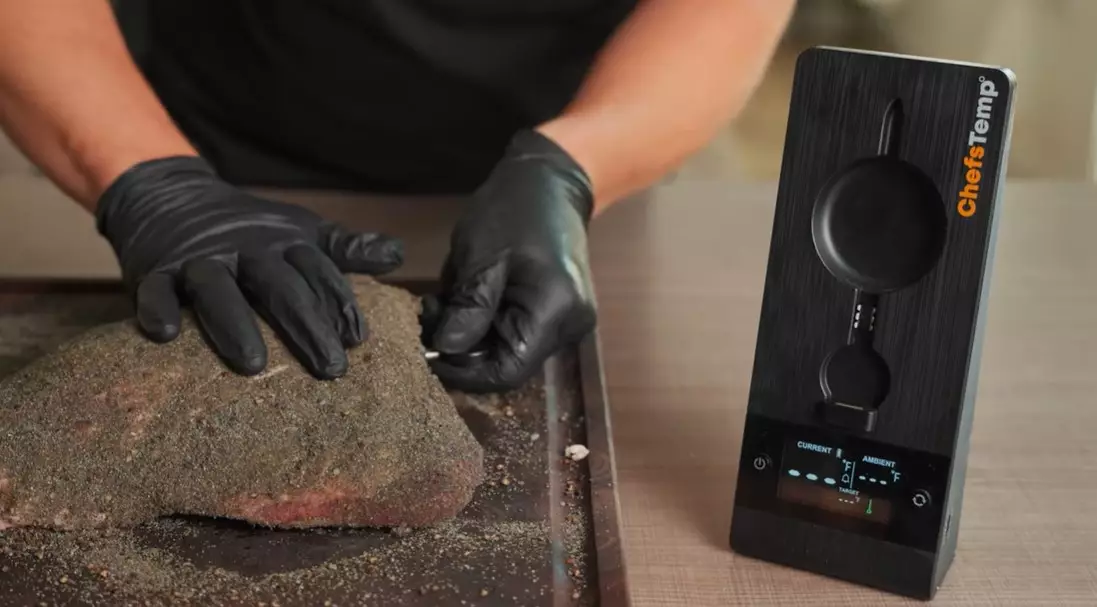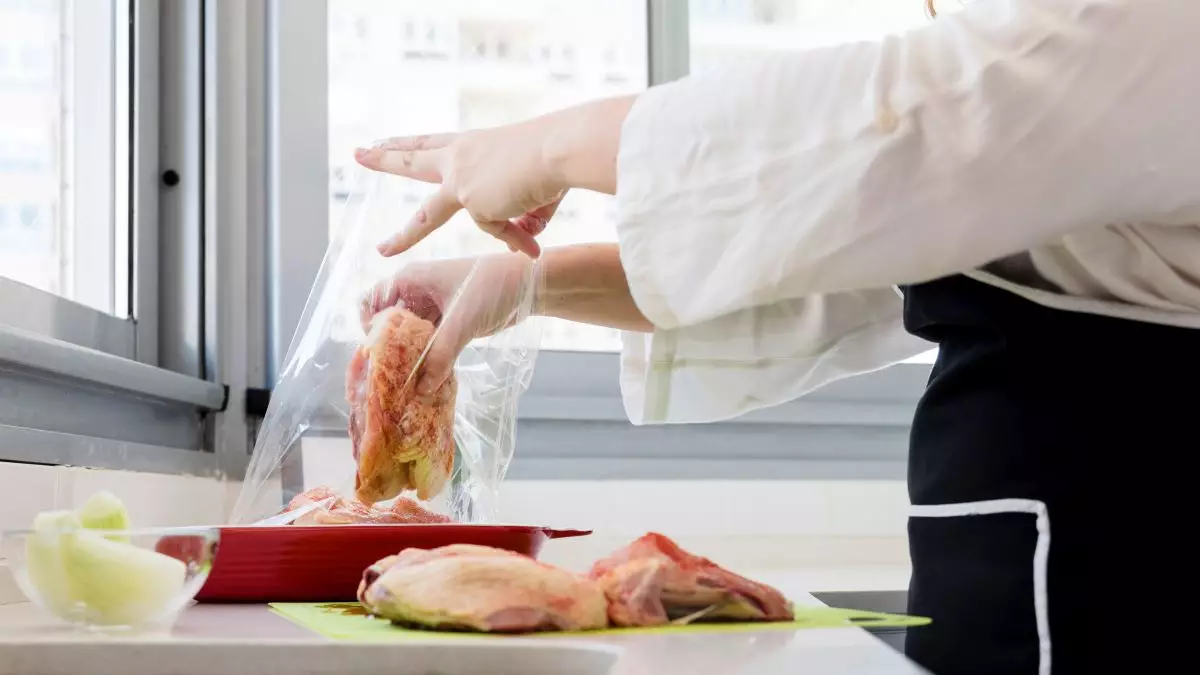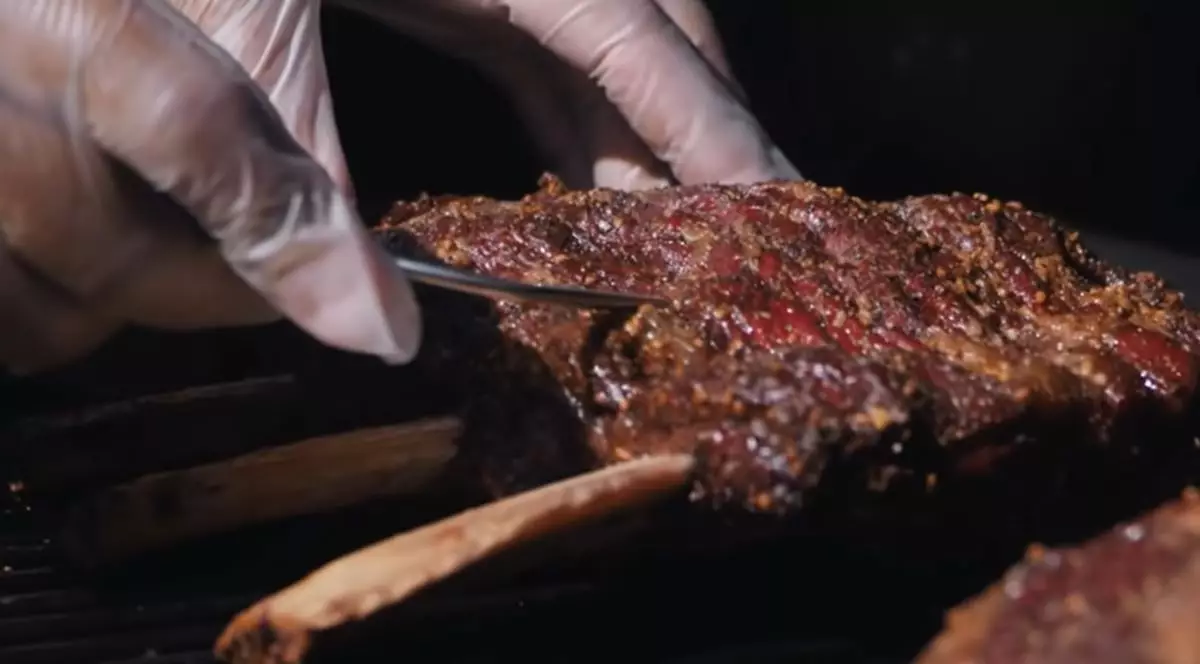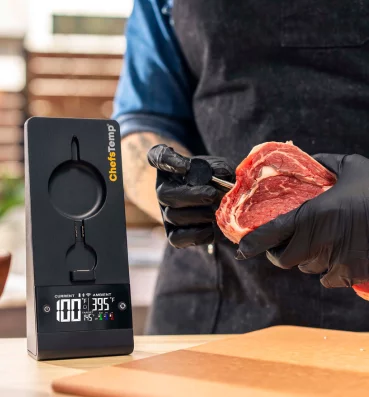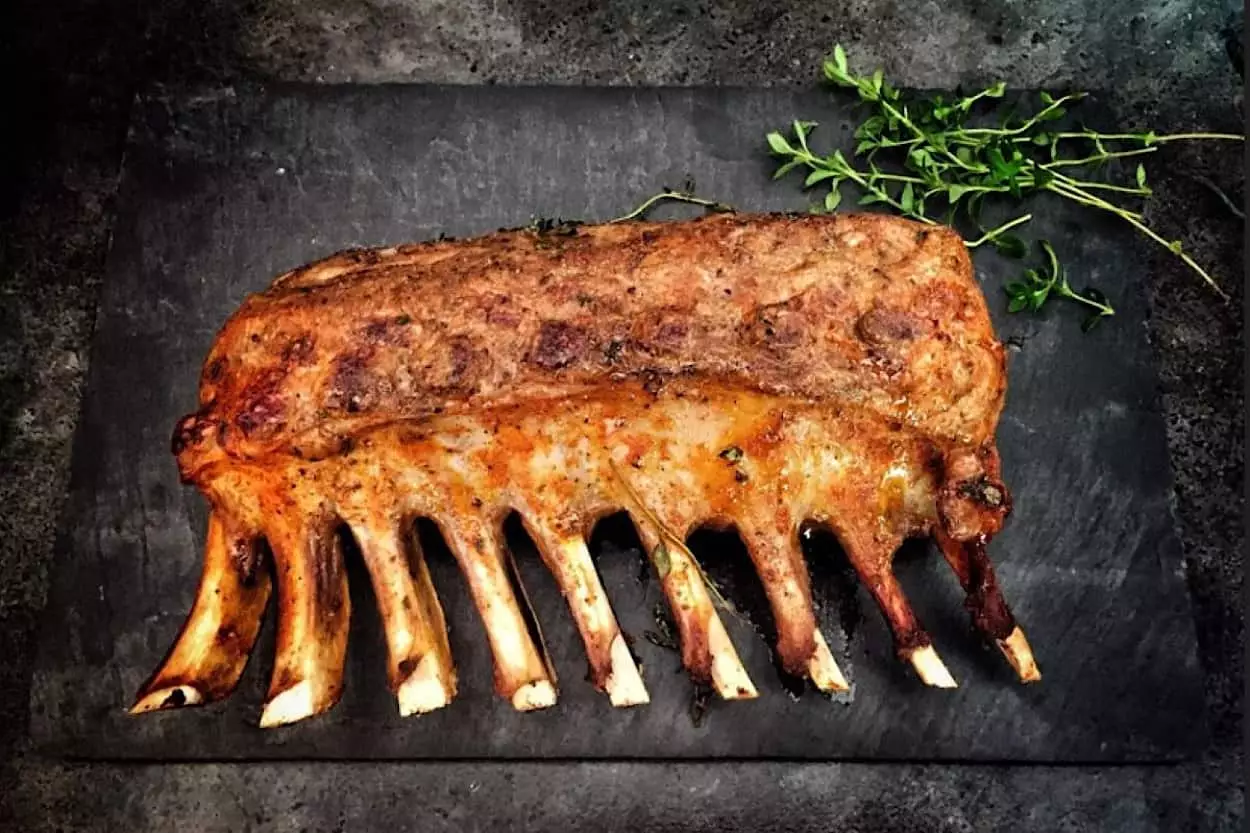
Letting Meat Rest Myth Debunked: Find Out the Truth
Whether it’s your first time cooking meat or not, you might have heard one common piece of advice: always rest your meat after cooking. This consensus is a long-held belief that many have come to accept as a fact. But is letting meat rest a myth? Does it really make a difference to the quality of meat you can enjoy later? Knowing the fact behind the myth could be the ticket to getting tender, juicy meat.
Table of Contents
Why You Should Rest Meat & How Long?
Cooks and chefs from all over the world will tell you the secret to a perfectly cooked steak or meat: letting it rest. Whether it is a steak or a brisket, culinary experts will tell you to let the meat rest before you slice it.
The general rule is to let the meat rest for at least five to seven minutes. Thicker cuts require a longer resting time of 10 to 20 minutes.
But why is it important to rest the meat after cooking and before you cut into it? The idea is that while the meat is hot, the juices of the meat are more liquid. If you cut straight into the meat after taking it off the grill or out of the oven, all of that juices will flow right out. It is also not a good idea to use a probe thermometer for the meat after you take it from the grill or oven. The probe will do the same thing as cutting it with a knife – let the juices out.
Resting is supposed to help the meat juices be re-absorbed and re-distributed into the meat, to make it juicier and more tender. On the other hand, slicing it immediately will release the juices onto the cutting board, which leaves you with tougher meat that has no juice in it.
The rule on resting meat does not apply to red meat alone. You should also follow the rule with white meat, such as pork or poultry. Avoid covering the meat with aluminum foil because it will trap the heat and continue cooking. If the heat increases, it could overcook the meat.
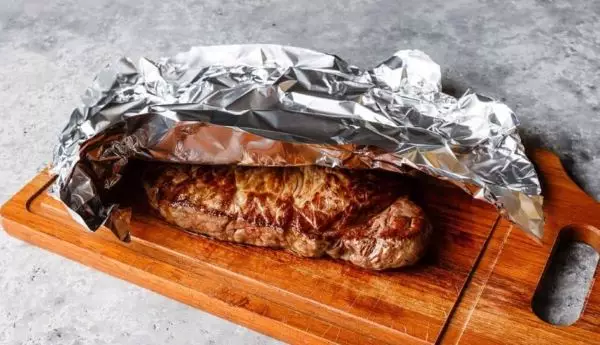
Is It a Myth to Rest Meat After Cooking?
The above rule on letting the meat rest is a long-accepted fact among culinary professionals. You’ve heard it time and time again, which is probably why most people believe it to be true.
However, some experts consider this a myth, which is a controversial claim. You’ve seen it on TV and read about it in blogs. The reason why resting meat is recommended is to ensure you have a juicy steak. The problem is that many of the existing theories on resting meat have been tested and they don’t hold water.
Letting the meat rest myth is debunked by scientific claims that the process of cooking the meat with heat allows the juice to penetrate deeper into the meat fibers. If you leave the meat to rest, it will only give the juice enough time to migrate outward to the edges of the meat. Even if you take the meat out of the grill or oven, the transfer of energy means that the meat will continue to cook. The heat also promotes evaporation and leaving the meat to rest will encourage the evaporation process. As a result, more juice will leak out of the meat through resting, which is contrary to the popular myth.
There is also a risk that letting the meat sit outside for too long could make the meat too cold to eat. Letting the temperature of the meat drop means that the meat will become firmer and tougher to eat.
Another factor that will influence letting the meat rest depends on the type of meat you are working with and the impact of different resting guideline times. Roasts and poultry will benefit from the resting process because of the carryover cooking that happens. But if you are dealing with thicker meat cuts, it is important to allow the heat to penetrate deep enough into the meat to achieve the right doneness.
Therefore, letting a steak rest for 15 minutes could add five more degrees to the temperature which could easily overcook it. An important rule of thumb when resting meat (if you insist on following this tip) is to take it off the grill or out of the oven before it reaches the target temperature and let it rest so it keeps on cooking without the risk of becoming overdone.
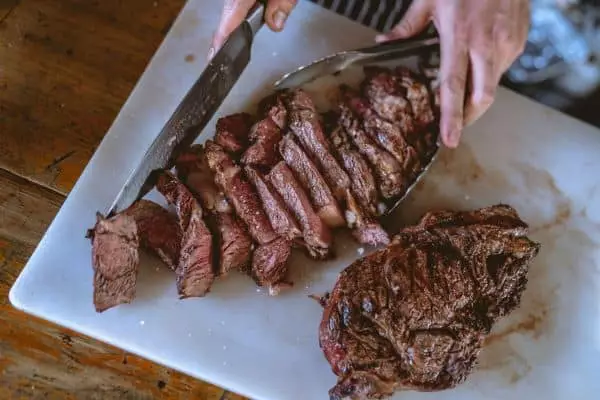
The Proper Way to Rest Meat
The myth of resting meat essentially boils down to knowing the right type of meat to rest and for how long. While it’s okay to rest the meat, you should avoid doing it for too long. If you do so, it defeats the intended purpose of locking in the juices. Resting meat for too long on the cutting board or plate will only cause more juices to spill out than if you were to cut the meat at the right time.
Grilling and meat experts recommend you rest meat, but don’t let it sit for too long. Generally, you shouldn’t let the meat rest for more than five minutes. Otherwise, it will be too firm and tough to eat. It is also important to note that it’s not just the juice that can give the meat tenderness. Other factors impact how tender the meat is, such as the fat ratio and the connective tissues that have gelatinized.
Conclusion
Debunking the myth of letting meat rest should give you a better idea of how to cook the perfect steak or meat. Do not be afraid to break any rules you’ve known for a long time. As long as you know how to manage the meat temperature and use the right tools, you can ensure you cook it perfectly.
Also, remember the tips above on the proper way to rest meat. Do not leave it out on the cutting board for too long. After all, there will be enough time for the meat to rest between taking it from the grill or oven and serving it at the table. There is no point in leaving it out on the board for as long as the myth tells you.
Discover Other ChefsTemp Products
Discover more recipes and learn kitchen tricks by joining our cooking family on Facebook.
You may also like:
